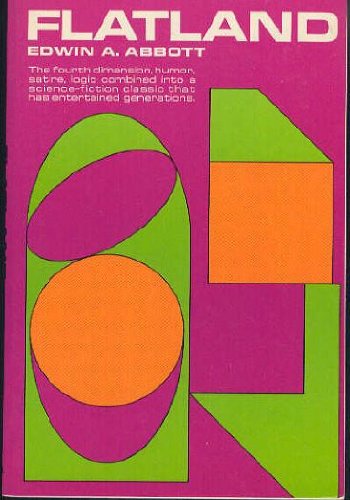In a world filled with complexity, challenges, and uncertainties, the quest for meaning and fulfillment is a universal pursuit. Amidst the myriad philosophies and ideologies that shape human thought, one perspective stands out for its profound relevance and timeless wisdom: Humanism.
At its core, Humanism is not just a philosophy; it is a way of life—an applied study of what it means to be a good human being and to live well. Rooted in the distilled knowledge of humanity, Humanism offers a compelling framework for navigating the complexities of existence with clarity, compassion, and purpose.
Embracing Reality-Based Principles
Central to Humanism is the recognition and acceptance of reality as it is—an acknowledgment that our perceptions, beliefs, and actions must be grounded in objective truths. In a world often fraught with misinformation and ideological divides, the commitment to reality-based principles serves as a guiding light, illuminating pathways to understanding, growth, and progress.
By embracing reality-based thinking, Humanism empowers individuals to confront challenges with courage and resilience, fostering a deeper appreciation for the complexities of the human experience. Rather than succumbing to wishful thinking or denial, Humanism encourages us to confront difficult truths head-on, catalyzing personal and collective transformation.
Cultivating Compassion-Based Ethics
Beyond its commitment to reality-based principles, Humanism places a profound emphasis on compassion—a recognition of our interconnectedness and shared humanity. In a world characterized by diversity and difference, compassion serves as a unifying force, bridging divides and fostering empathy, understanding, and solidarity.
Through compassion-based ethics, Humanism challenges us to extend kindness and empathy to all beings, nurturing relationships built on mutual respect and dignity. By prioritizing the well-being of others alongside our own, Humanism invites us to cultivate a more inclusive and equitable world—one defined by empathy, justice, and compassion.
The Power of Integration
What sets Humanism apart is its unique ability to integrate reality-based thinking with compassion-based ethics, forging a holistic approach to navigating life's complexities. By synthesizing these foundational principles, Humanism offers a powerful strategy for addressing difficulties, confronting adversity, and fostering genuine human flourishing.
In a world characterized by rapid change and uncertainty, the wisdom of Humanism provides a beacon of hope—a reminder that by embracing reality and compassion, we can navigate life's challenges with grace, integrity, and resilience.
Conclusion
In the journey of life, the pursuit of meaning and fulfillment remains paramount. As we navigate the complexities of existence, Humanism offers a guiding philosophy—one rooted in reality, infused with compassion, and committed to the pursuit of human flourishing.
By embracing the principles of Humanism, we affirm our shared humanity, cultivate empathy and understanding, and chart a course towards a more just, compassionate, and inclusive world.
So why Humanism? Because in its essence, Humanism represents the distilled wisdom of humanity—a timeless invitation to live authentically, love deeply, and make a positive impact on the world around us.
Learn More:
If you want to learn more - I have free and paid courses and resources at my website - Humanist Learning Systems:
Video Courses: https://humanistlearning.com/category/lifeskills/philosophy/
Recommended books: https://humanistlearning.com/category/shop/humanism101/















